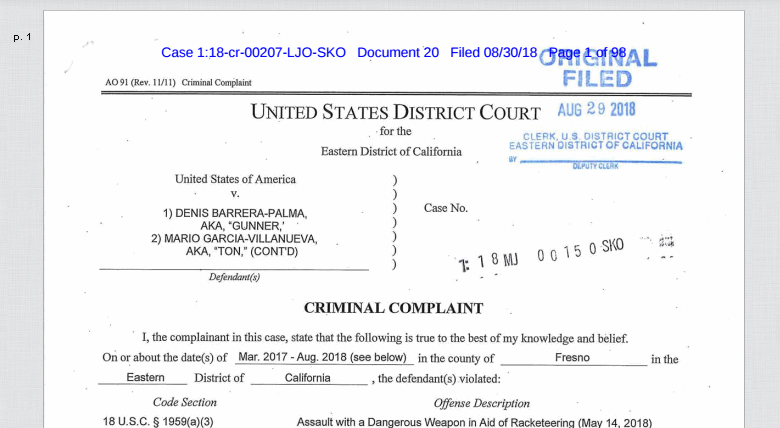In an important case law, the US secret services were unable to eavesdrop on calls in the messenger
 American law enforcement agencies and intelligence agencies have long intercepted voice calls on ordinary telephone lines. But with online messengers there are problems, because they do not fall under the usual law on wiretapping. Since most of the IM services belong to American companies, they are forced to comply with the requirements of US law, and if the requirement of the special services or the lower court does not comply with the laws, the issue is considered in court.
American law enforcement agencies and intelligence agencies have long intercepted voice calls on ordinary telephone lines. But with online messengers there are problems, because they do not fall under the usual law on wiretapping. Since most of the IM services belong to American companies, they are forced to comply with the requirements of US law, and if the requirement of the special services or the lower court does not comply with the laws, the issue is considered in court.As Reuters now learned , an important precedent occurred in August of this year, when at a closed court hearing members of a joint federal and state task force tried to sue Facebook. The text chat rooms of members of the criminal gang of MS-13 in Messenger successfully intercepted, but at least three voice conversations were not given to the operatives. Previously, the company refused to comply with a court ruling on wiretapping of telephone conversations, and now there was a trial in this connection. The court took the side of Facebook.
This decision is an important precedent, writes Reuters, because it shows the attempts of the US special services to crack the encryption of instant messengers or to get developers to help in tapping, as in this case.
A closed hearing was held in the US District Court in Fresno, California. Sources did not provide the wording and arguments of the court. A few weeks later, 16 suspected gang members were tried there. Most of them were arrested by August 30, and on September 13 an indictment was issued.
')
MS-13, also known as Mara Salvatrucha, is an international criminal gang that originated in Los Angeles in the 1980s. Gang activities later spread to many parts of the United States, Canada, Mexico and Central America.
The government’s own request for wiretapping conversations via instant messengers alarmed technology managers, privacy advocates and many users. Officials in the United States and other countries were said to be stepping up attempts to ban or restrict strong encryption and enhance listening.
In the criminal process, an FBI agent affidavit, Ryan Jetter, was published. It states that during arrests, law enforcement agencies could not track any calls through Messenger.

Telecommunications companies are required to provide police access to telephone traffic in accordance with federal law, but many applications that rely solely on Internet infrastructure are exempt from this responsibility. Facebook argued that Messenger is also such an exception - and the court heeded these arguments.
According to court documents, the security services intercepted all normal phone calls and text messages between gang members. But the FBI mentions three Messenger calls that the investigators could not listen to. An affidavit dated August 30 quotes the agent as given under oath: “There is currently no practical method by which law enforcement agencies can monitor” calls to Messenger (a specific quote from the document ).

Unlike WhatsApp, regular voice calls through Facebook Messenger are not encrypted, and Facebook has the ability to relatively easily give special services access to them. Nevertheless, the company made a statement that it should not change its software or hack the user for the sake of it. She can not order it. Approximately such an argument led Apple, when she was ordered to crack the terrorist's iPhone in 2016 , and actually create a backdoor to crack any "iPhones". That is, the authorities used the case of a terrorist to strengthen their ability to spy on other users. This technique is often used when the increase in repression is due to the fight against terrorism. This time it did not work out.
The forums say that the US government should buy targeted ads from Facebook, and then Facebook will let them listen to anything. But this, of course, is a joke.

Source: https://habr.com/ru/post/424985/
All Articles